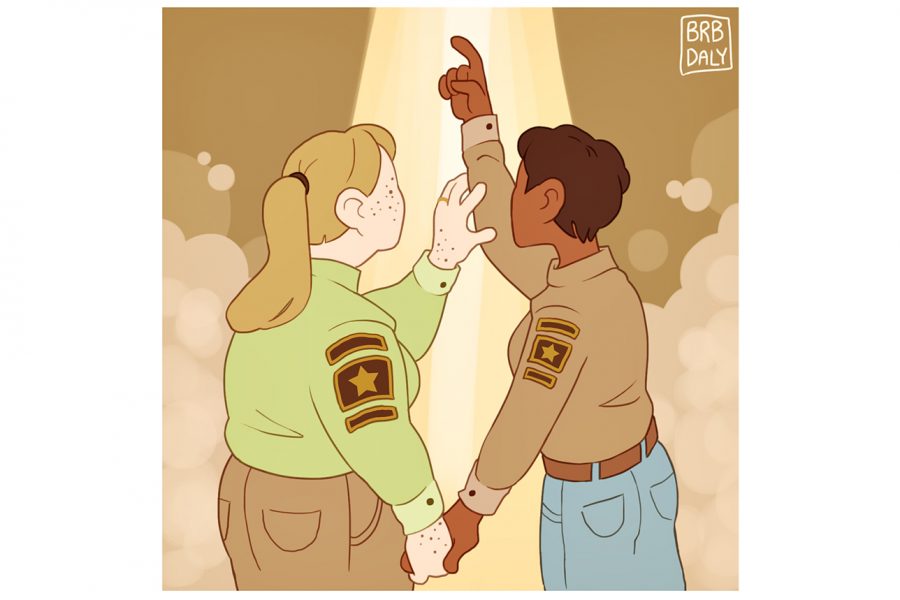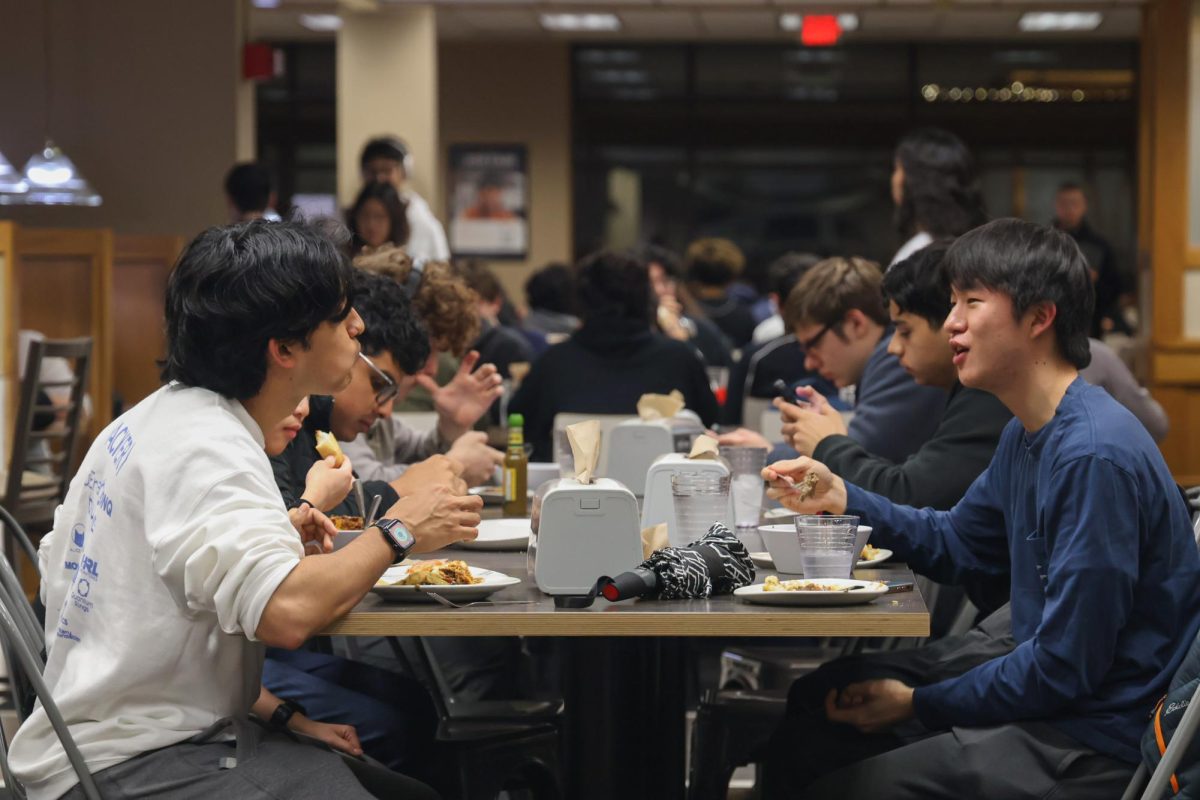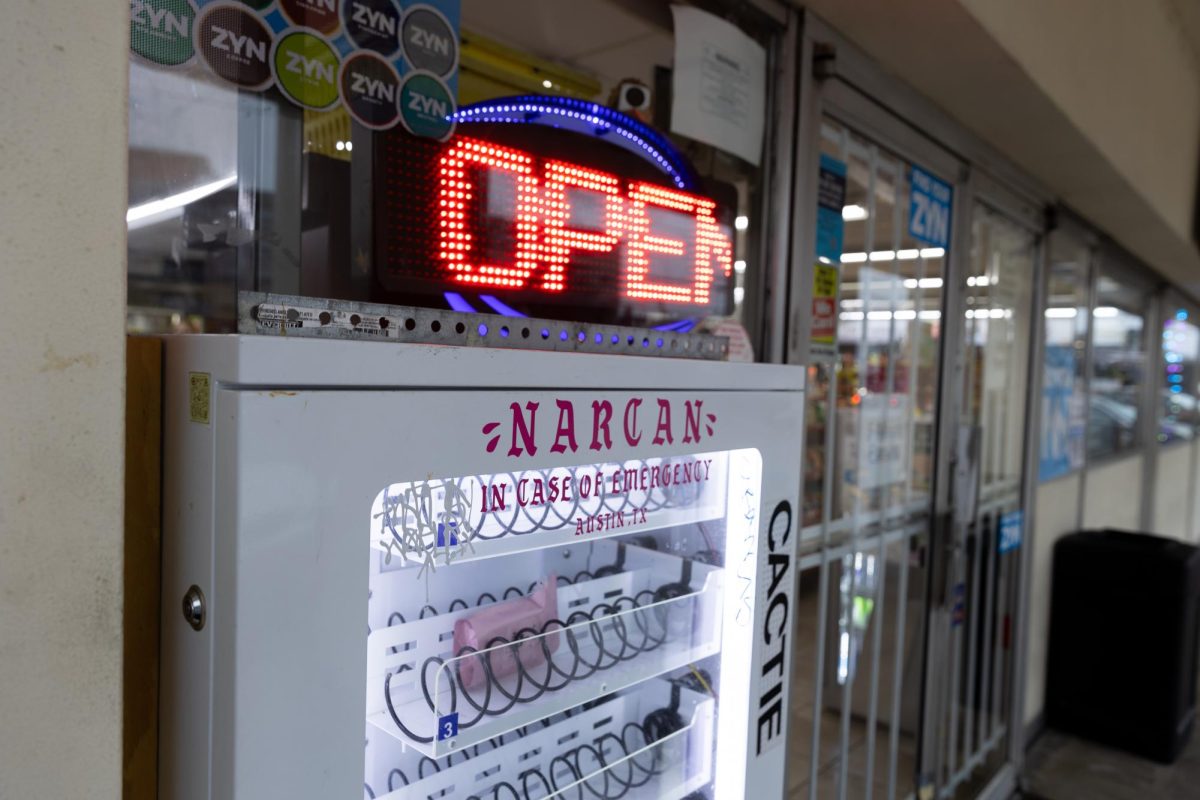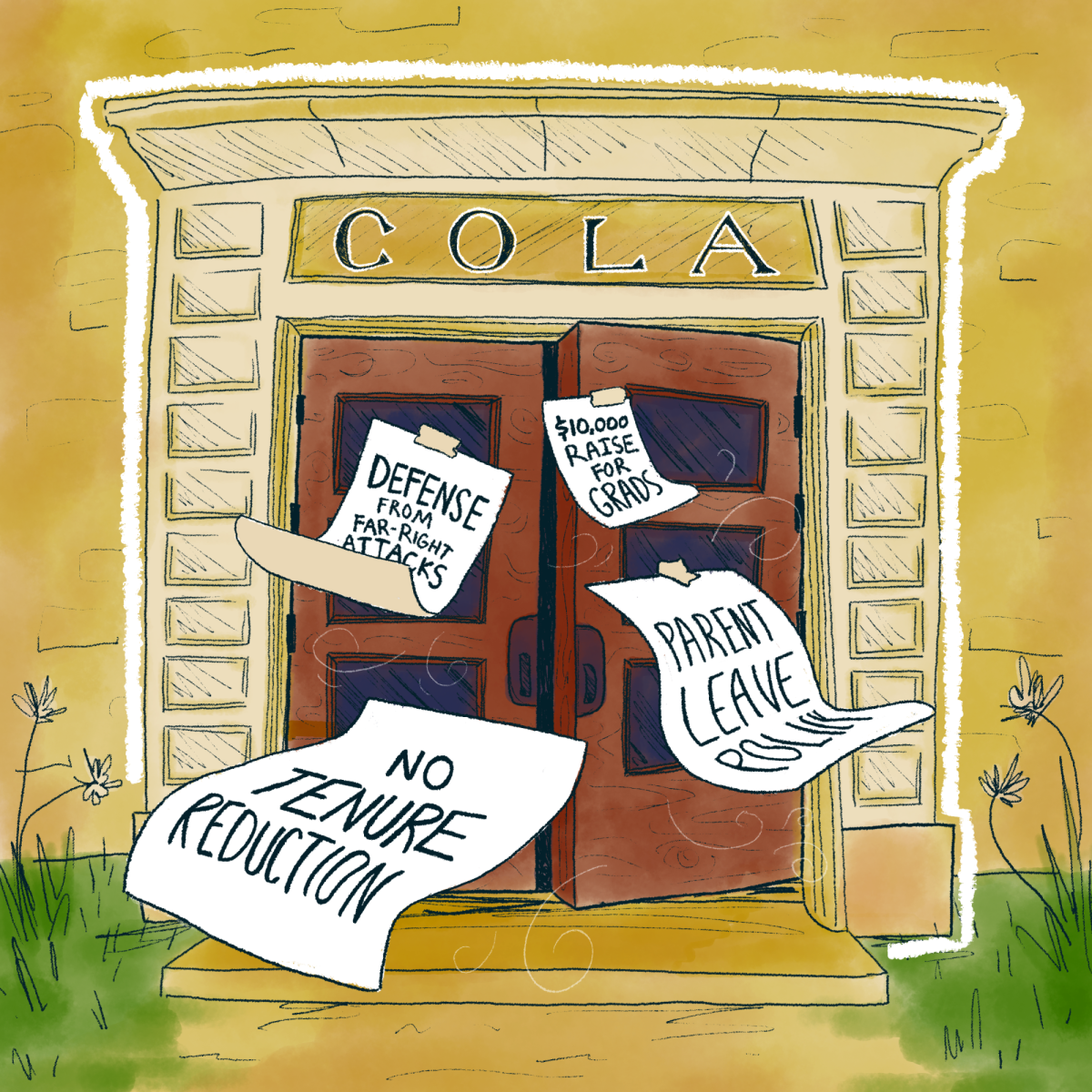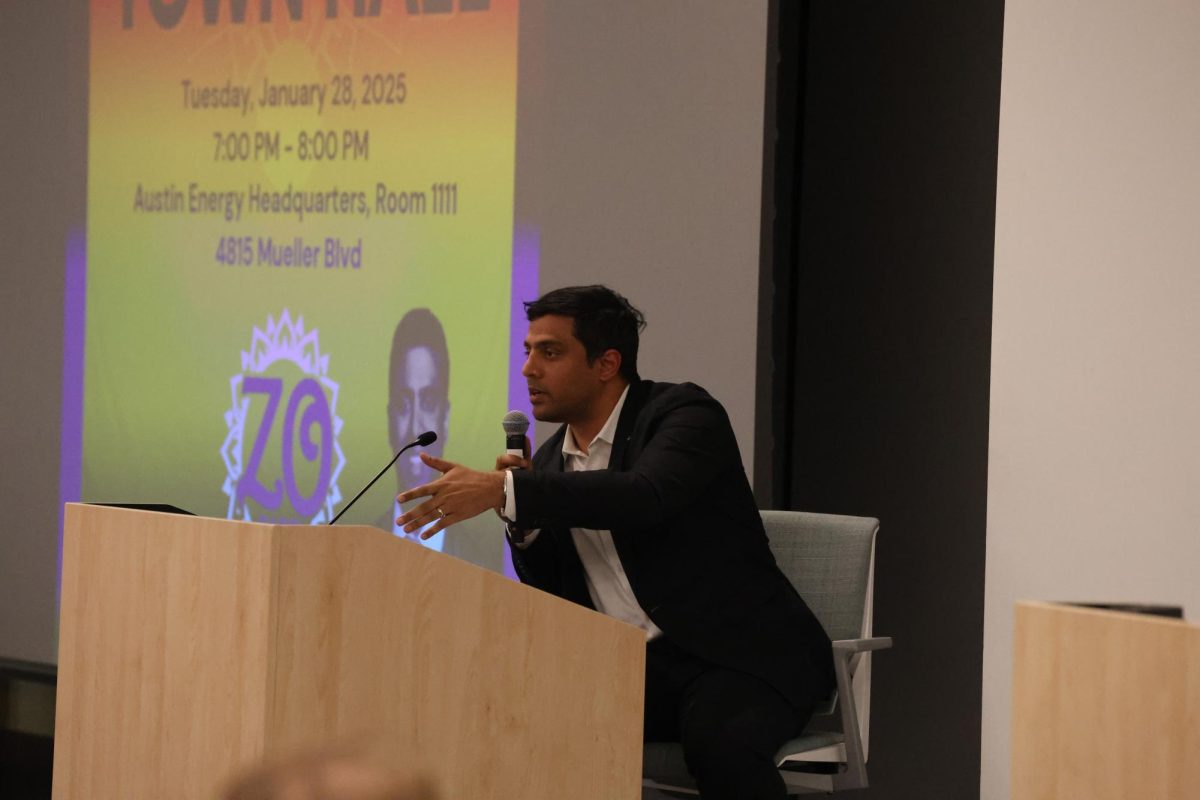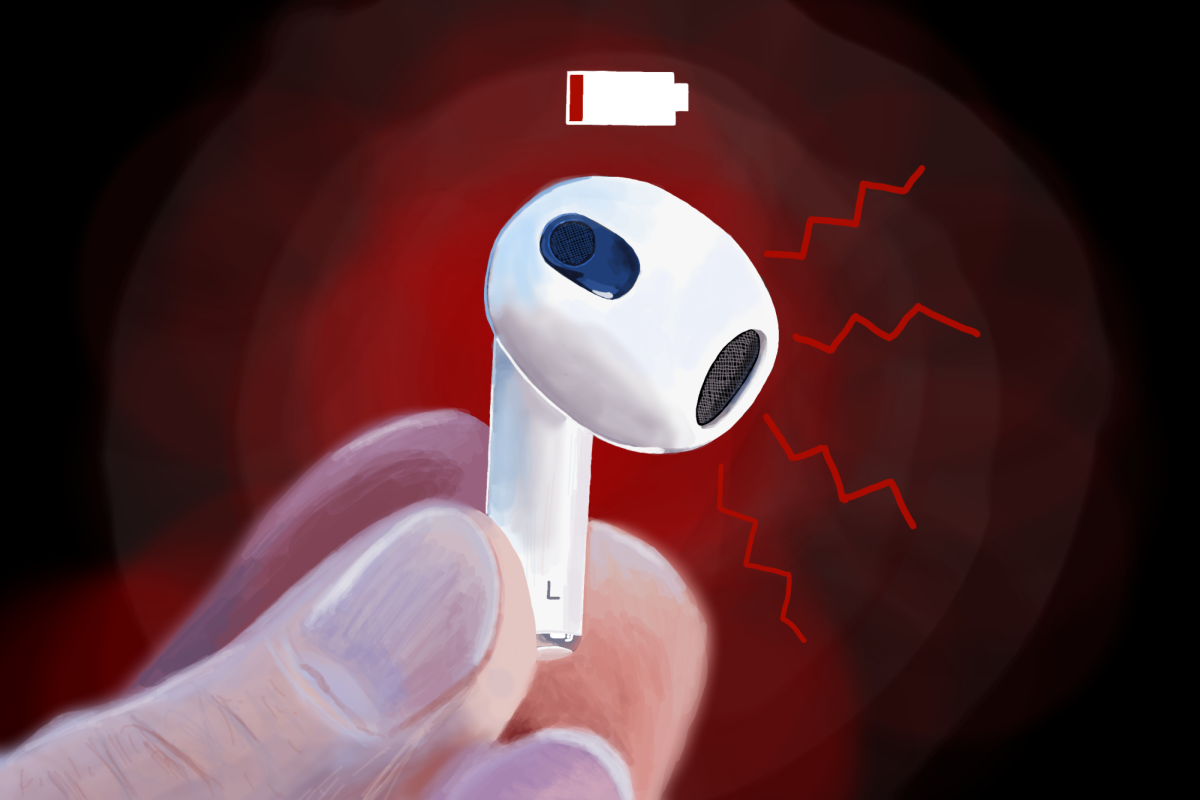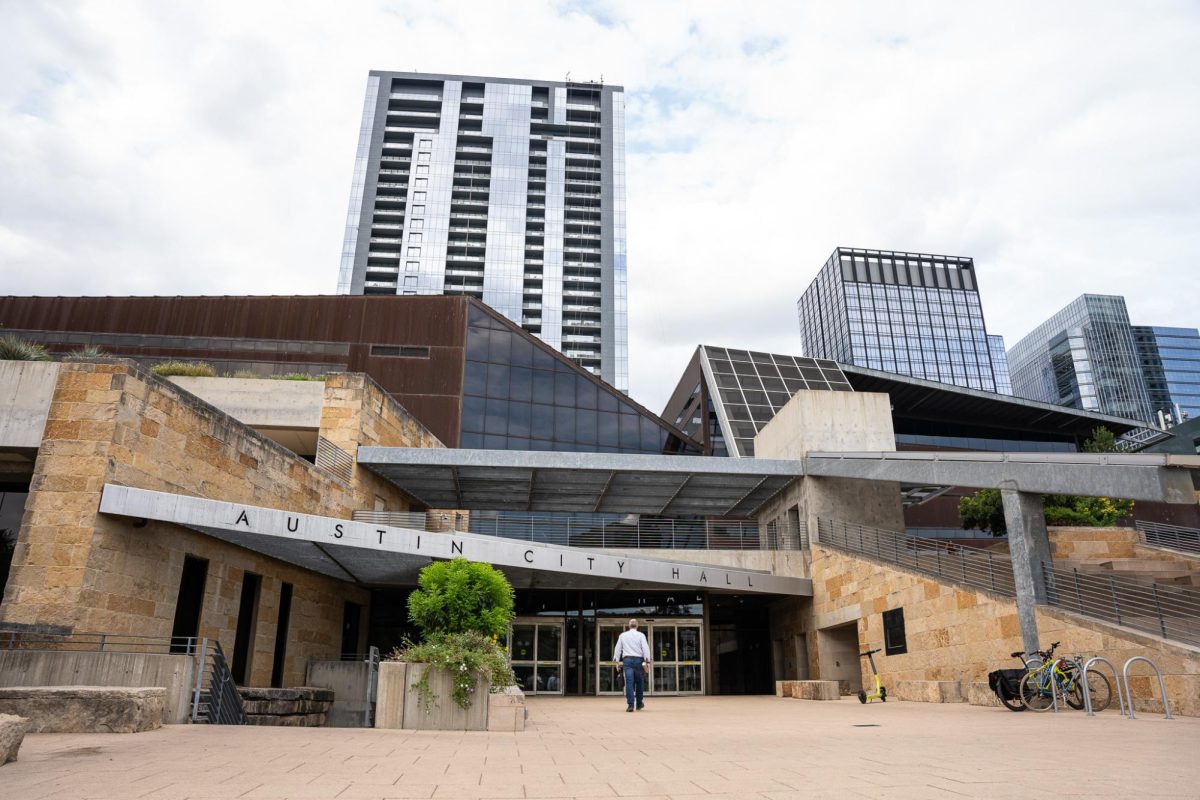Susan Haley was deployed to Kosovo in 2002 only days following her wedding. After she returned, she reunited with her husband Donald for a few months before he was relocated and later deployed to Iraq in 2004.
“The first few years of our marriage, we saw each other for maybe four months,” Donald Haley said.
Veteran Couples Connect is a group counseling program focused on helping post-service veteran couples such as Donald and Susan Haley with post-traumatic stress disorder. The program is hosted by the UT Institute for Military and Veteran Family Wellness and has currently raised $2,415 of its $15,000 goal on HornRaiser to support the program.
Hannah O’Brien, outreach program coordinator for the Office of the Dean of Research, said the program’s focus on couples makes it unique.
“They’re using the strength of the relationship to help them move through that,” O’Brien said. “It’s using their partner to help them on their journey of recovery.”
The eight-week program connects five veteran couples, who will be led by a clinician in Cognitive Behavioral Conjoint Therapy, which focuses on making sense of trauma and relationship building. This is the most effective form of counseling as it is the only evidence-based therapy for couples, O’Brien said.
Donald Haley said he hopes to meet other couples with similar experiences through the program.
“I’m hoping with the Couples Connect, it’ll be people who have been where I’ve been and seen things I’ve seen and understand a little bit better than the average clinician,” Donald Haley said.
Donald and Susan Haley heard about the program after doing a similar relationship program last year. With Veteran Couples Connect, they are hoping to help others as well as themselves.
“It’ll be couples in our area, so couples hopefully we can maintain a friendship (with) and get that sense that we’re not the only ones going through this,” Susan Haley said.
O’Brien said the program will focus on giving couples relationship strategies to tackle conflict, such as dealing with separation.
“I hope that by the end of this treatment, couples feel like … they can rely on those tools and on each other to get through anything,” O’Brien said.
Donald Haley said while it is difficult, he and Susan are dedicated to working through their PTSD.
“Sometimes it’s just grabbing on to each other and hugging each other and saying, ‘I don’t want to fight,’” Donald Haley said.

